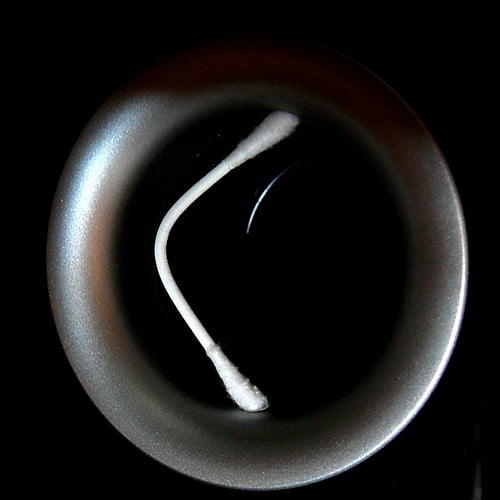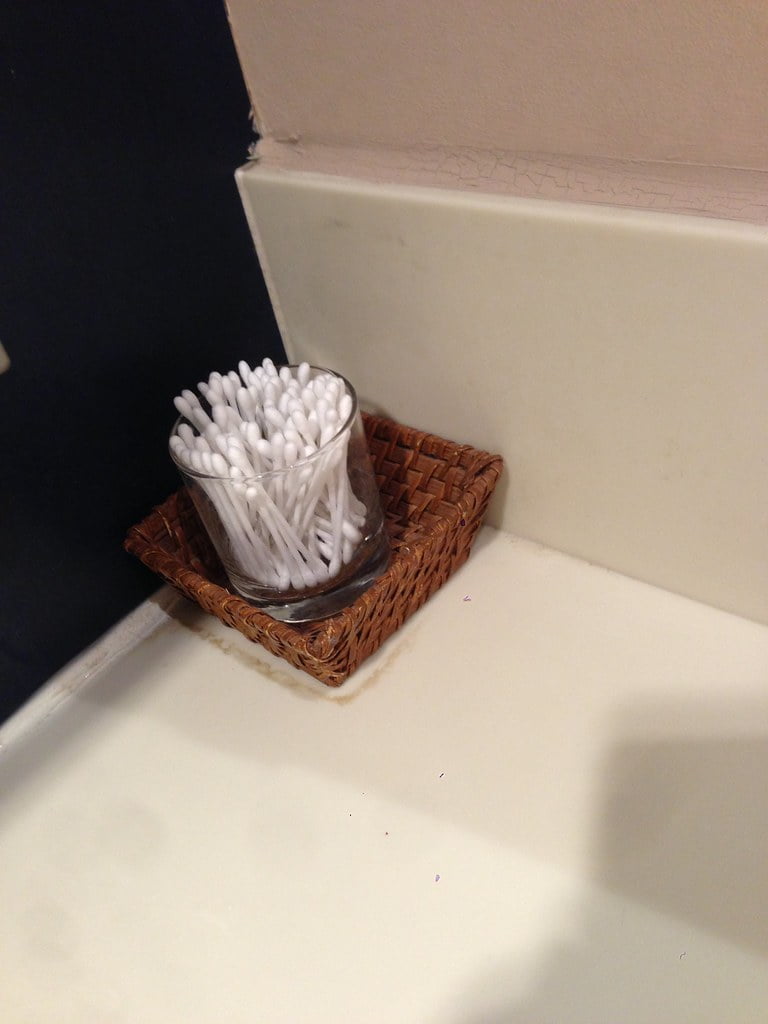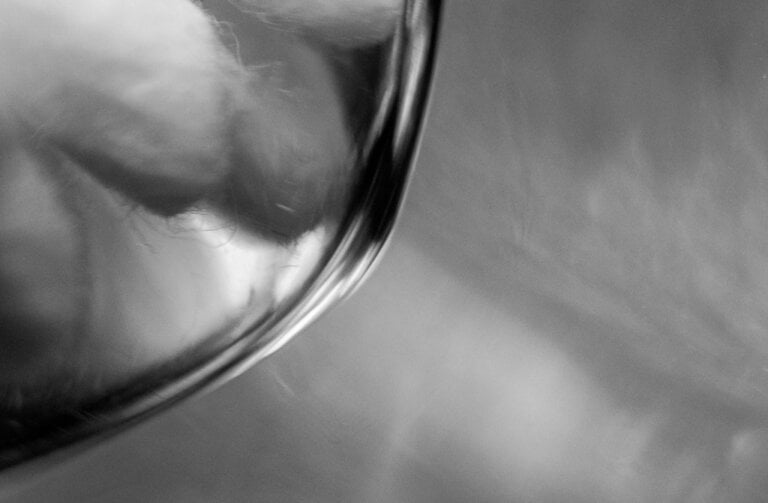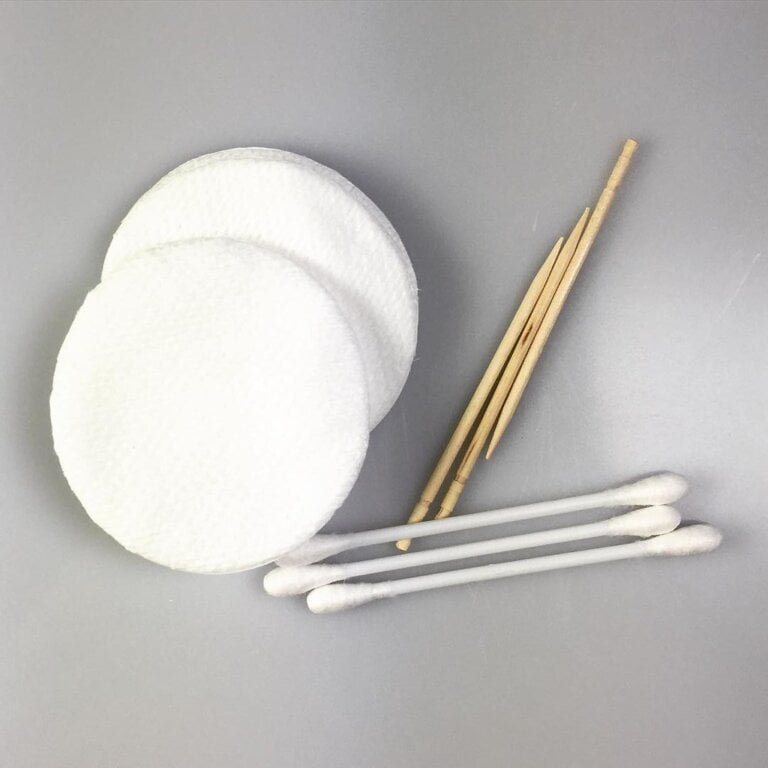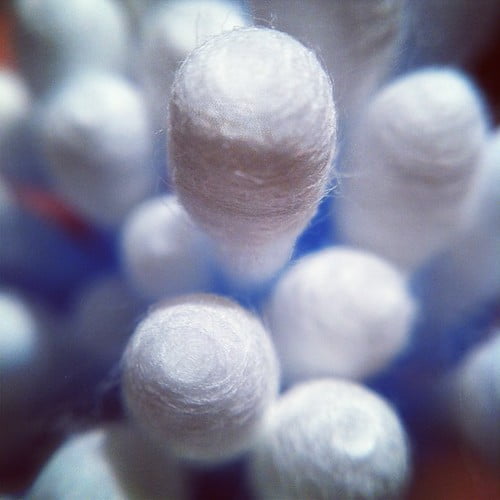Relief at Home: Unlocking the Healing Power of DIY Ear Pain Remedies
Last Updated on 25th April 2024 by Admin
Ear pain can be a distressing and uncomfortable experience that affects individuals of all ages. It can be caused by various factors such as ear infections, wax buildup, sinus infections, or even certain medical conditions. While seeking medical advice is essential for a proper diagnosis and treatment, there are several DIY ear pain remedies that can provide relief in the comfort of your own home. In this article, we will explore some effective strategies and natural remedies to alleviate ear pain.
Understanding Ear Pain
Before delving into the remedies, it is important to understand the causes and symptoms of ear pain. The human ear is a complex organ comprising the outer ear, middle ear, and inner ear. Ear pain can originate from any of these parts or be referred from other areas such as the throat or sinuses.
Common symptoms of ear pain include:
- Earache or discomfort: Ear pain can range from a mild ache to sharp, intense pain. It may also be accompanied by a feeling of fullness or pressure in the ear.
- Sharp or throbbing pain: Some individuals may experience a stabbing or pulsating sensation in the ear, which can be quite distressing.
- Itching or irritation: Ear pain may be accompanied by itching or irritation in the ear canal.
- Reduced hearing ability: In some cases, ear pain can lead to temporary hearing loss or muffled sounds.
- Tinnitus (ringing in the ears): Many individuals with ear pain also report hearing a ringing, buzzing, or hissing sound in their ears.
- Drainage from the ear: In certain cases, ear pain may be accompanied by discharge or fluid drainage from the ear.
Natural Remedies for Ear Pain Relief
-
Warm Compress: One effective DIY remedy for ear pain relief is the application of a warm compress. The warmth helps to increase blood flow to the affected area, reducing inflammation and providing relief. To apply a warm compress, soak a clean cloth in warm water, wring out the excess, and hold it against the ear for 10-15 minutes. Repeat this several times a day for optimal relief. Additionally, you can add a few drops of essential oils such as lavender or chamomile to the warm water for added relaxation and soothing effects.
-
Olive Oil: Olive oil can be an excellent natural remedy for ear pain caused by wax buildup. The warmth and lubricating properties of olive oil can help soften the wax and facilitate its removal. To use olive oil for ear pain relief, warm a small amount of olive oil and gently pour a few drops into the affected ear. Tilt your head to the side and let the oil sit in the ear for a few minutes. Then, tilt your head in the opposite direction to allow the oil to drain out. Repeat this remedy as needed to alleviate pain and remove any excess wax buildup.
-
Garlic Oil: Garlic is known for its natural antimicrobial and pain-relieving properties, making it an effective remedy for ear pain relief. To prepare garlic oil, crush a few garlic cloves and mix them with olive oil. Strain the mixture to remove any solid particles and warm it slightly. Using a dropper, put a few drops of the garlic oil into the affected ear. Gently massage the outer ear to help the oil penetrate the ear canal. Repeat this remedy twice a day for a few days to experience its benefits.
-
Apple Cider Vinegar: Apple cider vinegar is a versatile home remedy that can help combat ear pain caused by infections. Its antibacterial properties can help kill the bacteria responsible for the infection and provide relief. To use apple cider vinegar for ear pain relief, mix equal parts of apple cider vinegar and water. Soak a cotton ball in the mixture and place it gently in the outer ear for a few minutes. The vinegar will help create an acidic environment that is unfavorable for bacterial growth. Repeat this remedy as needed to alleviate pain and promote healing.
-
Chewing Gum: Ear pain caused by changes in air pressure, such as during a flight or while scuba diving, can be relieved by chewing gum. The chewing motion helps equalize the pressure in the ears and alleviate discomfort. When you chew gum, it stimulates the muscles in the middle ear, allowing the Eustachian tubes to open and equalize the pressure. This can be particularly helpful during takeoff and landing in an airplane or when descending to deeper depths while diving.
-
Salt Water Rinse: A salt water rinse can help remove debris, excess earwax, and reduce inflammation in the ear canal. To prepare a salt water rinse, dissolve half a teaspoon of salt in warm water. Use a bulb syringe to gently flush the ear canal with the saline solution. Tilt your head to the side and gently squeeze the bulb syringe to introduce the saline into the ear. Allow the solution to sit in the ear for a few seconds before tilting your head in the opposite direction to let it drain out. Repeat this process a few times to effectively cleanse the ear canal.
-
Onion Poultice: Onions possess natural enzymes that have been found to have pain-relieving and antimicrobial properties. Creating an onion poultice can help reduce ear pain and fight infection. To make an onion poultice, cut an onion into small pieces and heat it in a microwave for a few seconds until warm. Place the warm onion on a clean cloth and fold it to create a poultice. Apply the poultice over the affected ear, securing it with a bandage or hat. Leave it on for about 15-20 minutes. The heat from the onion will help soothe the pain, while the natural enzymes will work to reduce inflammation and fight infection.
When to Seek Medical Attention
While these DIY remedies can provide temporary relief, it is important to know when to seek medical attention. Consulting a healthcare professional is recommended in the following situations:
- The ear pain lasts for more than a few days: If the pain persists or worsens over time, it may indicate an underlying condition that requires medical attention.
- There is severe pain or discharge from the ear: Severe pain or the presence of pus-like discharge may be signs of an infection that needs medical treatment.
- The ear pain is accompanied by high fever: A high fever along with ear pain can indicate a more serious infection that requires medical intervention.
- There is a history of ear problems or recent ear surgery: If you have a history of recurrent ear problems or have recently undergone ear surgery, it is important to seek medical advice for proper evaluation and treatment.
- The pain occurs after a head injury or accident: Ear pain following a head injury or accident may indicate a more serious condition, such as a ruptured eardrum, and should be evaluated by a healthcare professional.
A medical professional can provide a proper diagnosis and recommend appropriate treatment if necessary. It is always better to err on the side of caution and seek medical attention when in doubt.
Preventing Ear Pain
Prevention is always better than cure, and taking steps to prevent ear pain can save you from discomfort in the long run. Here are some tips to help keep your ears healthy:
- Keep your ears clean and dry: Avoid using cotton swabs or any sharp objects to clean your ears, as they can damage the delicate ear canal. Instead, gently clean the outer part of your ears with a soft cloth after showering or bathing. Allow your ears to air dry naturally.
- Practice good hygiene: Wash your hands frequently to prevent the spread of infections, as many ear infections are caused by bacteria or viruses.
- Avoid exposure to loud noises: Prolonged exposure to loud noises can damage your hearing and increase the risk of ear infections. Use ear protection, such as earplugs or earmuffs, in noisy environments or when engaging in activities that involve loud noises, such as concerts or power tool operation.
- Quit smoking and avoid exposure to secondhand smoke: Smoking and exposure to secondhand smoke can increase the risk of ear infections and other ear-related problems. Quitting smoking and avoiding secondhand smoke can help protect your ears and overall health.
- Stay up to date with vaccinations: Vaccinations, especially those for children, can help prevent certain types of ear infections, such as those caused by pneumococcal bacteria.
By following these preventive measures, you can reduce the likelihood of developing ear pain and related complications.
In conclusion, ear pain can be a bothersome condition that affects individuals of all ages. While seeking medical advice is crucial, several DIY remedies can provide relief at home. From warm compresses to natural oils and preventive measures, there are various options to alleviate ear pain. However, it is always recommended to consult a healthcare professional for a proper diagnosis and to determine the most appropriate treatment. Take care of your ears, and seek medical attention when necessary for optimal ear health and overall well-being.
FAQ
1. What are the common symptoms of ear pain?
- Ear pain can range from a mild ache to sharp, intense pain. It may also be accompanied by a feeling of fullness or pressure in the ear. Other symptoms include itching or irritation, reduced hearing ability, tinnitus (ringing in the ears), and drainage from the ear.
2. What is a natural remedy for ear pain relief?
- One natural remedy for ear pain relief is the application of a warm compress. Soak a clean cloth in warm water, wring out the excess, and hold it against the ear for 10-15 minutes. This helps increase blood flow to the affected area, reducing inflammation and providing relief.
3. How can olive oil help with ear pain caused by wax buildup?
- Olive oil can help soften the wax and facilitate its removal. Warm a small amount of olive oil and gently pour a few drops into the affected ear. Tilt your head to the side and let the oil sit in the ear for a few minutes. Then, tilt your head in the opposite direction to allow the oil to drain out. Repeat this remedy as needed to alleviate pain and remove any excess wax buildup.
4. When should I seek medical attention for ear pain?
- It is recommended to seek medical attention if the ear pain lasts for more than a few days, if there is severe pain or discharge from the ear, if the ear pain is accompanied by high fever, if there is a history of ear problems or recent ear surgery, or if the pain occurs after a head injury or accident. A medical professional can provide a proper diagnosis and recommend appropriate treatment if necessary.

